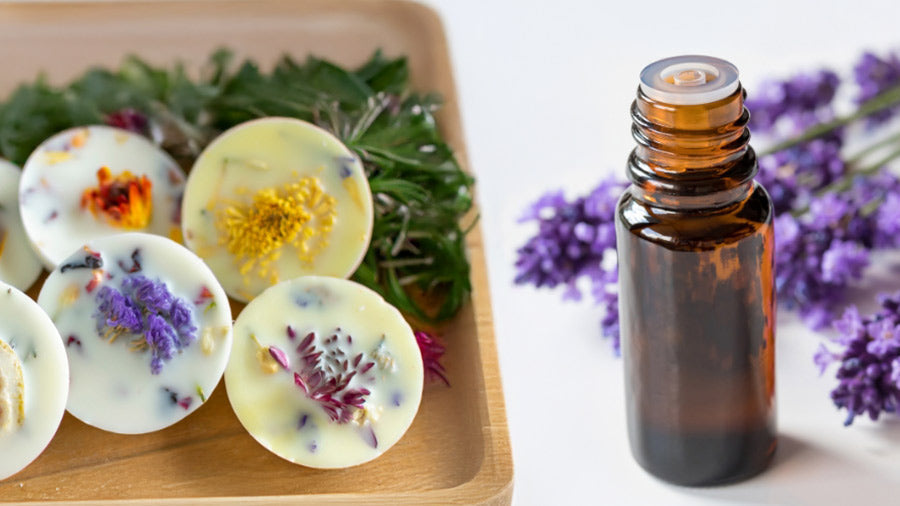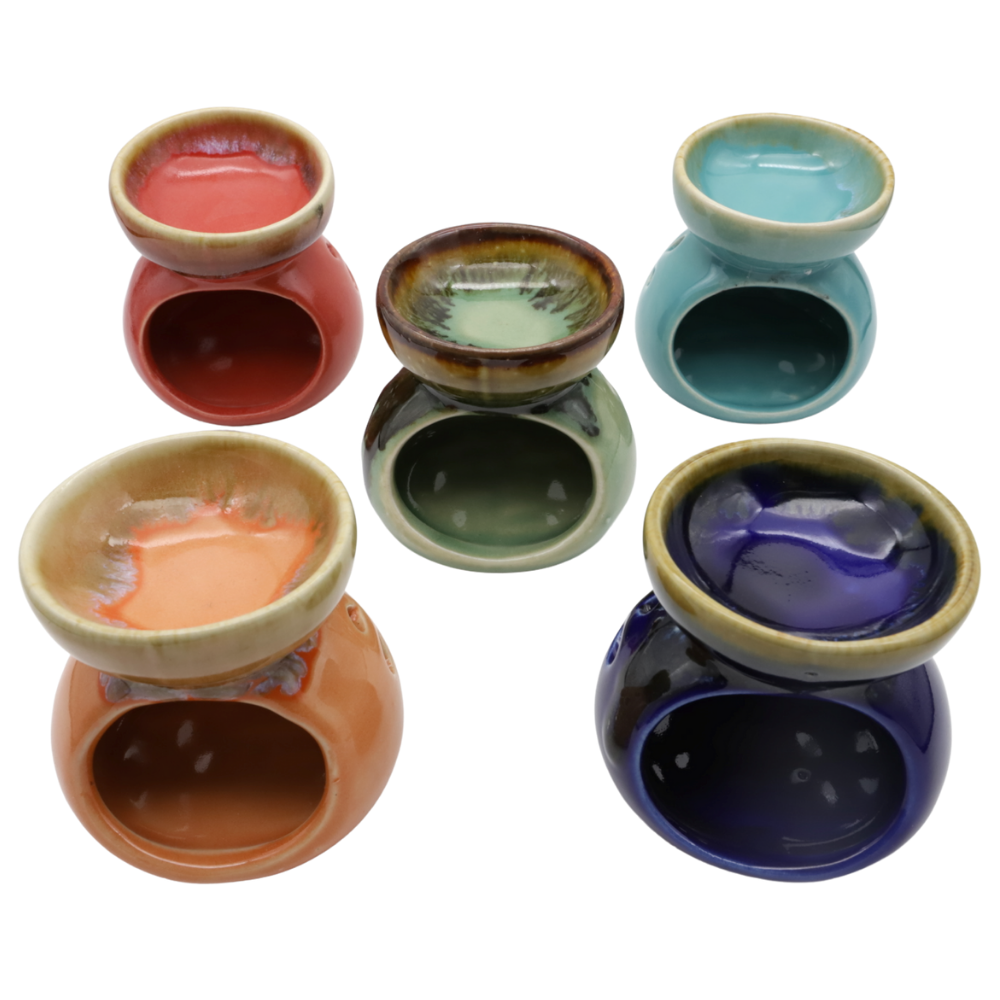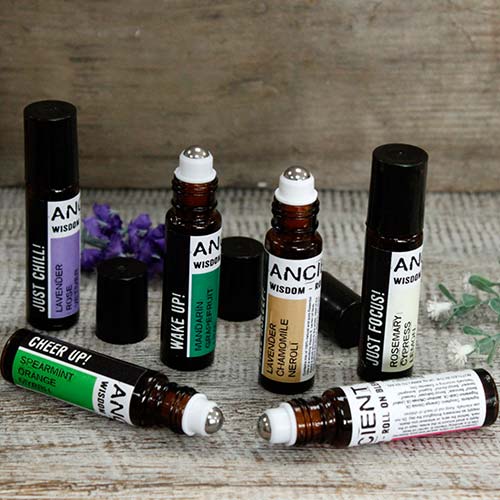When it comes to using an Essential Oil Burner, you have several options: essential oils, wax melts, and simmering granules. Each option comes in different forms, and not all are created equal. If you’re wondering which one is best for you, this guide will explore each type to help you make an informed choice.
The Truth about Essential Oils

Essential oils are derived from plants, including leaves, fruits, seeds, and bark, using various extraction methods like steam distillation, cold pressing, or synthetic means. In an oil burner, you mix a few drops of essential oil with water to ensure safety and prevent fire risks. The four main types of essential oils are organic, pure, synthetic, and natural, each with distinct qualities. To enhance your experience, we offer a selection of pure essential oils that you can use in your oil burner to create a soothing atmosphere.
Types of Essential Oil Explained
Organic Essential Oil
Organic essential oil is the highest quality grade essential oil that you can get, it means that all plant material or at least a high percentage of it and its extracts was farmed by organic standards without the use or additions of pesticides, artificial fertilisers and additional chemicals.
Pure Essential Oil
This pure oil that contains the pure ingredient. It's usually high quality but is usually not as great as organic standards. It tends to be cheaper, sometimes half the price of organic but the reason why is worth questioning.
Natural essential oil
Natural Essential Oil is derived from natural sources, but the term "natural" can be misleading. It’s often used as a selling point, although "natural" doesn’t always mean better or healthier. Always research the product and company thoroughly to ensure its quality. Synthetic Essential Oil isn't truly essential oil. It may contain small amounts of actual essential oil but is mostly made up of perfumes, chemicals, additives, and preservatives. These oils are cheap and low-quality, so it’s best to avoid them.
Essential oils vary in price based on type, size, and region. For consumers, they are typically sold in small glass bottles (10ml, 30ml, 50ml, 100ml), while wholesalers buy in larger quantities (500ml, 1 liter). Generally, buying in bulk lowers the price per ml, but this isn’t always the case due to varying profit margins. Organic or pure oils are the best choices. Now, let’s compare their efficiency with wax melts.
The Truth about Wax Melts

Wax melts come in different types, including soy wax, beeswax, and paraffin wax, each with its own pros and cons. Paraffin wax is the most common and cheapest option, but it is synthetic and can be harmful to health. Soy wax, derived from soybeans, is a more natural choice but is rarely organic.
It has a neutral scent, allowing essential oils to dominate in fragrance. Beeswax, the most natural option, is a byproduct of bees and burns slowly, but its strong aroma may not be ideal for those seeking a pure fragrance. The price varies, with beeswax being the most expensive, followed by soy wax, and paraffin being the least costly.
We offer Soy Wax Melts that are infused with pure essential oils like Star Anise & Cinnamon. These melts provide a wonderful way to create a soothing atmosphere when used in an oil burner. Our melts are designed to offer a long-lasting, fragrant experience while delivering the health benefits of the essential oils they contain. Each pack comes with 12 heart-shaped melts, perfect for gifting or for relaxing at home. Simply place one or two melts in your burner, light a candle inside, and enjoy the aromatic benefits that will fill your space with warmth.
Essential oil vs wax melts - Which one is the best?
When choosing between essential oils and wax melts, consider factors like price, health, fragrance, and burn time. Essential oils, especially organic and pure varieties, tend to be more expensive but last longer, making them more cost-effective over time. They are generally safer and more natural, while paraffin wax melts may release harmful chemicals, though soy and beeswax are healthier alternatives.
Essential oils offer customisable fragrances, whereas wax melts are limited to pre-infused scents. While wax melts last longer, essential oils provide a more potent aroma with fewer drops. Ultimately, if you prioritize natural, customizable scents, essential oils are the better choice; if cost, convenience, and longer burn times matter more, wax melts may be ideal. Always choose high-quality products for the best experience.








